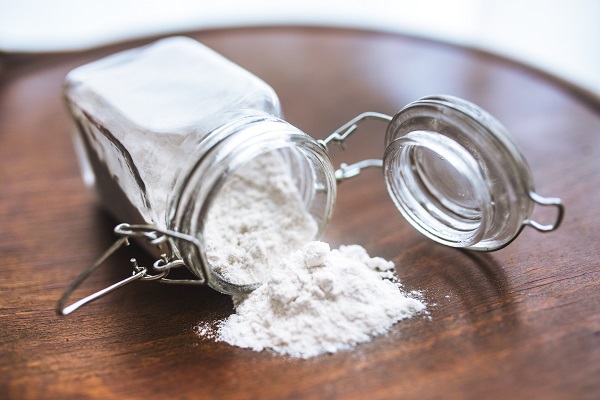General Mills is recalling more batches of its flour after a multi-state outbreak of E. coli was linked to some of its products. The list of recalled products includes those branded as Gold Medal flour, Wondra flour and Signature Kitchens flour.
The newest update on the recall now includes batches prepared in the fall of 2015, which some consumers may still have in their pantry. The catalyst for the recall expansion was a new case of foodborne illness which “appears to have stemmed from the consumption of raw dough or batter linked to flour produced last fall.”
According to the Centers for Disease Control and Prevention (CDC), 42 individuals across 21 states have been become ill as a result of exposure to the contaminated flour. The flour has been found to contain Shiga toxin-producing E. coli (STEC) O121, and 11 people have been hospitalized due to the infection.
A type of kidney failure known as hemolytic uremic syndrome has so far not been developed in any of the affected individuals, and no illness-related deaths have been reported. Four new cases of the illness were identified in the month of June alone, and the STEC O121 bacterial strain has been isolated from flour samples collected from the homes of two ill people.
“In late June 2016, the [U.S. Food and Drug Administration (FDA)] isolated STEC O121 from samples of General Mills flour collected from the homes of ill people in Arizona and Oklahoma,” said the CDC. “The flour collected in Oklahoma was not included in the initial General Mills recall. In response to these laboratory findings, on July 1, 2016, General Mills expanded the recall to include additional lots of flour under the same brands from the initial recall.”
Consumers are being warned by both the FDA and the CDC not to consume any raw products containing flour, including cookie dough and cake batter. Baking, frying and boiling are all effective methods to kill the STEC O121 pathogen, however the affected batches of flour should be discarded.












Join or login to leave a comment
JOIN LOGIN